Recent political controversies such as comedian Tony Hinchcliffe’s remark that Puerto Rico is a “floating island of garbage” and the public reaction to his comment have revealed that mainland Americans are still largely unclear as to Puerto Rico’s status. This article will demystify Puerto Rico’s position and address whether or not the archipelago is — or should be — independent.
Puerto Rico has acted as a “freely associated state” since its constitution was enacted in 1952, which officially established the island as the Commonwealth of Puerto Rico. Media outlets in the continental U.S. are polarized as to whether the island is truly a territory or more of a self-sustaining body. Unfortunately, the people of Puerto Rico seem to have been trapped between these two polarized views by an opaque and convoluted mess of legislative jargon as well as discriminatory policies coming from the federal government.
Britannica explains that Puerto Ricans have been considered American citizens since 1917, but those of voting age cannot vote in presidential elections; they instead vote for a non-voting delegate who serves in Congress. Also, the commonwealth allows for local Puerto Rican governance to alter the constitution, but these changes are voided if they do not align with the U.S. Constitution or the provisions of the Puerto Rico Federal Relations Act, which also bars Puerto Rico from independent decision-making. And even further, according to a review done at the University of Minnesota Law School, the so-called “free association” between the U.S. and Puerto Rico allowed for mainland sugar corporations to exploit farmers who were paid 60 cents for a day of labor-intensive work in the early 20th century. The list goes on.
While the archipelago has taken steps towards autonomy since the 1950s, particularly regarding its governor appointments, the past few elections in particular have seen Puerto Ricans emerge in the largest wave of support for independence since the 1990s. At that time, the FBI had been actively and violently suppressing the testimony of the ‘extremist’ independent party. A single instance of this suppression resulted in the U.S.-appointed governor of Puerto Rico committing the Ponce Massacre on resisting civilians. The United States’ infringements on Puerto Rican welfare, especially by violent measures, led Puerto Rico’s two main political parties to historically focus not on liberal or conservative ideologies but rather their views on how the American government interacts with the islands. These are the Partido Nuevo Progresista (‘New Progressive Party’) and proponents of the commonwealth — Partido Popular Democrático — or the ‘Popular Democratic Party.’
Further, in a Harvard review of Puerto Rican independence in 2020, the newly prominent Partido Independentista Puertorriqueño (Puerto Rican Independence Party) was described as “failing to garner electoral support of the same scale” despite having existed since 1946. However, the 2024 election yielded the largest ever percentage of Independentist voters, with approximately 32.7% of voters. For a party accused of failing to garner support, this is a massive demonstration of support considering that the Partido Nuevo Progresista won marginally at 39%. This is a historic turnout which can better aid the inquiry of whether Puerto Rico Is — or should be — independent.
Government members who do not officially represent Puerto Rico have even come forward in defense of independence. Congresswoman Nydia Velázquez, for example, serves New York’s seventh district and offered powerful remarks in support of the Puerto Rico Status Act in late 2022, such as, “Congress’s unlimited plenary powers over Puerto Rico are reminiscent of the monarchical powers enjoyed by King George III against which the founders of the American Republic so bravely fought.”
Velázquez expresses concern with colonial issues that have persisted since the early 19th century. She emphasizes the importance of including dual citizenship rights within the propriety of independent and free association. Additionally she champions nonpartisan campaigns, voter education and financial independence. To reiterate, opinions such as Velázquez’s are not shared by all Puerto Ricans. She admitted in her remarks that “It is no secret that the members advocating for this bill, including myself, hold differing opinions on what non-colonial option is best for the people of Puerto Rico.” However, it is apparent that the debate over Puerto Rican independence and statehood has become increasingly polarized. While some have left Puerto Rico and flourished in the contiguous United States, many cannot escape the colonial ties.
The prospect of complete Puerto Rican independence, and whether it should be pursued at all, is clearly a heated debate. It is my sincere hope that you have a better understanding of how Puerto Rico operates within the geopolitical sphere, particularly as a so-called ‘territory.’ All I ask is that you may consider the following: does what I have described truly sound like “free association” or “freedom?” As anti-Puerto Rican vitriol is spewed from the GOP, it becomes increasingly important to recognize both why Puerto Rico has been made prone to this abuse and why mainland Americans are so comfortable performing it.



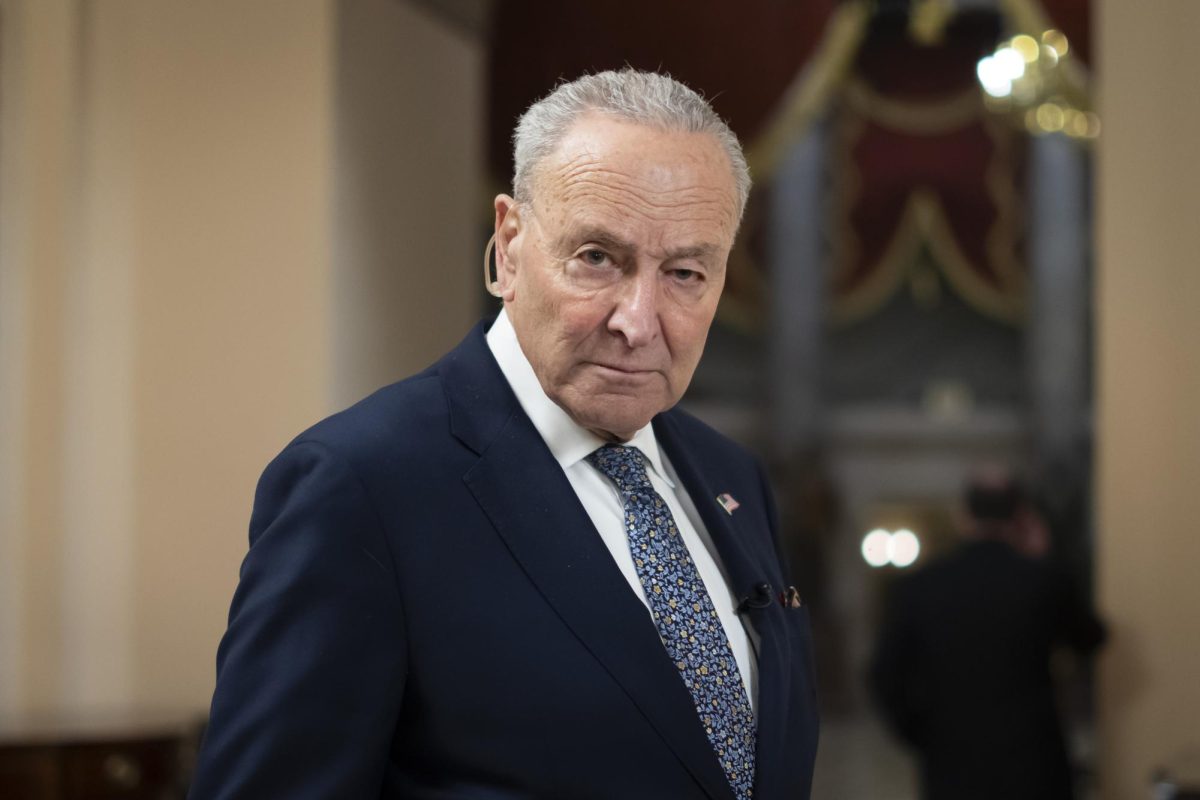
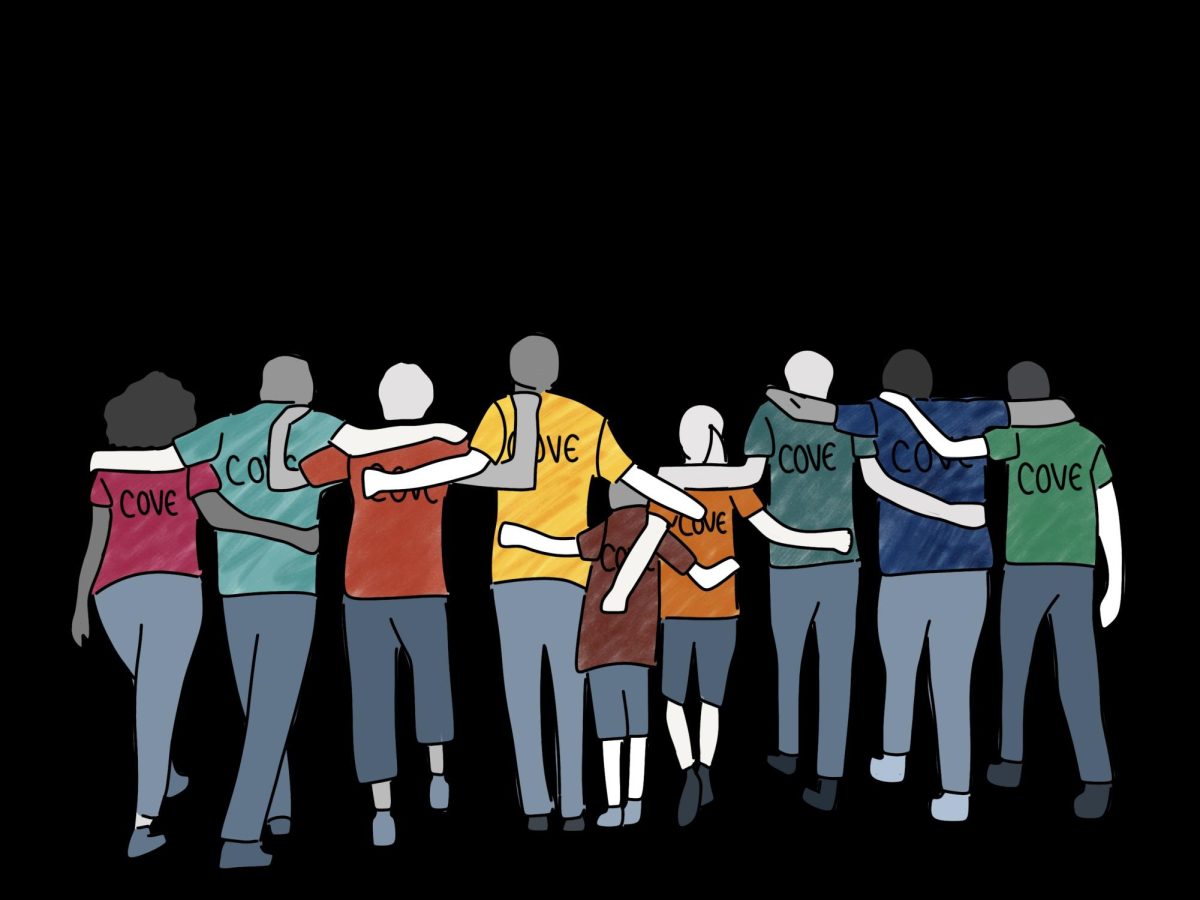
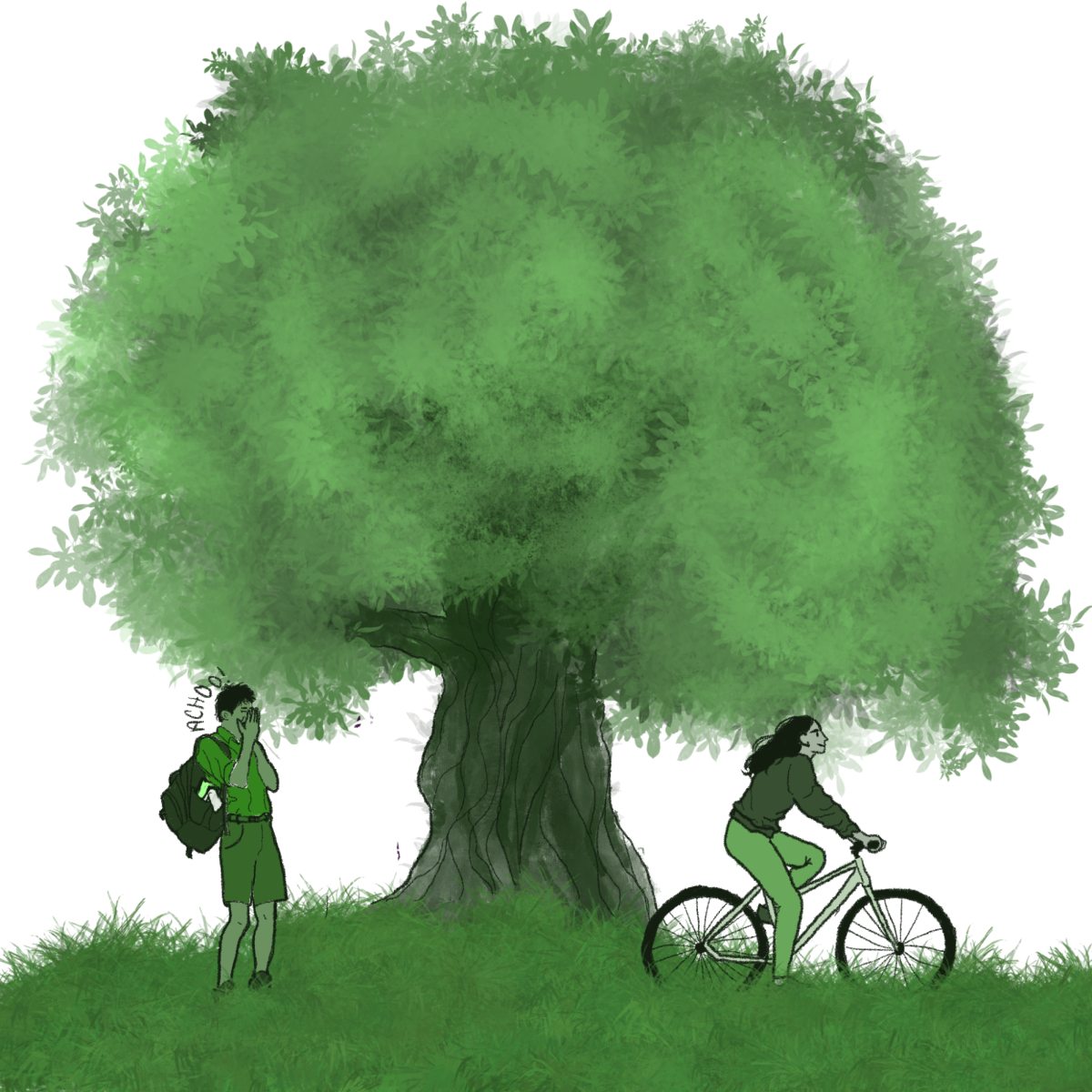


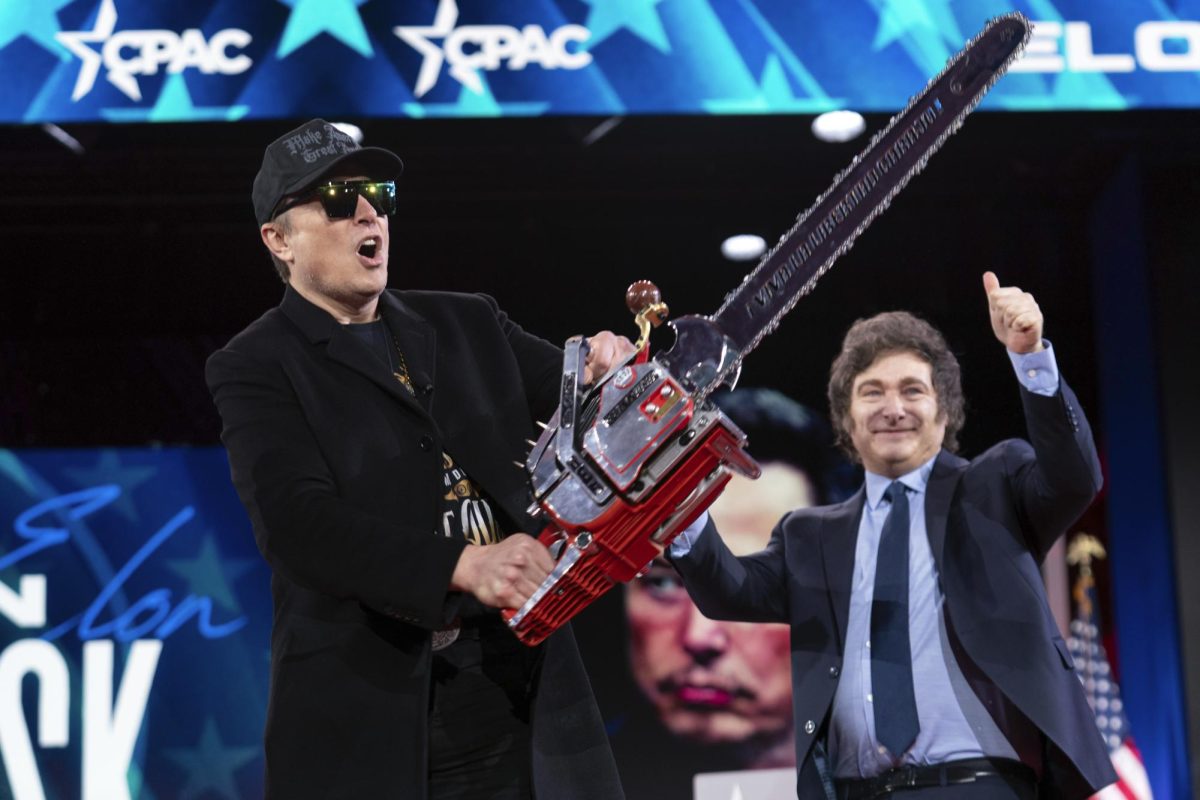

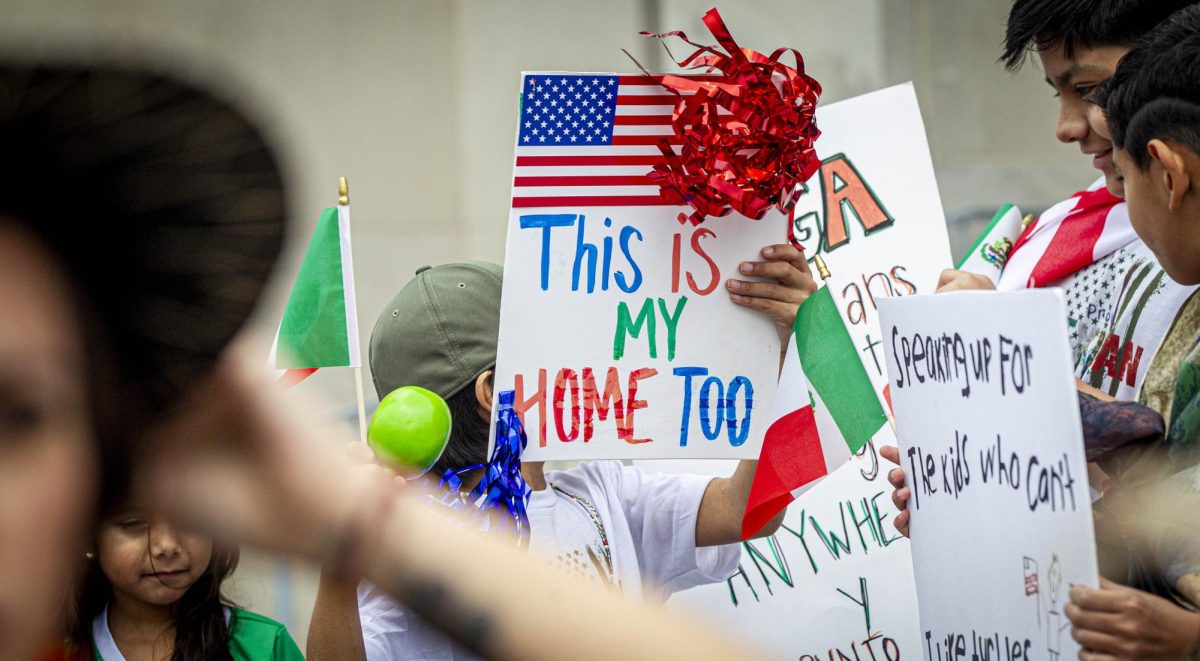
Rebecca Haden • Dec 13, 2024 at 10:46 am
Puerto Rico is not a freely associated state, like the Marshall Islands or Palau. It is an unincorporated territory belonging to the United States. There is no sense in which it is currently independent.